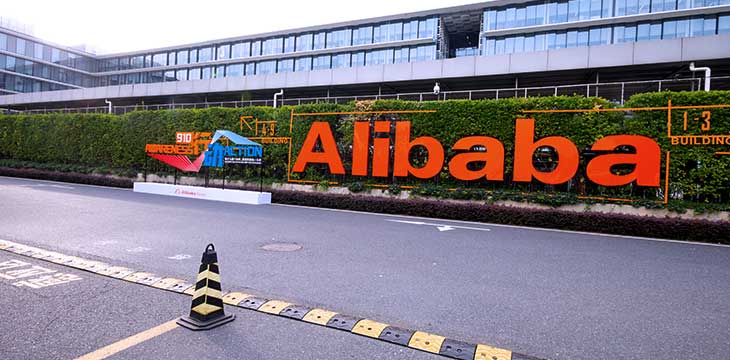|
Getting your Trinity Audio player ready...
|
After several months of speculation, a report has emerged that indicates China’s central bank is in the final stages of developing its own digital currency. The report by Forbes revealed that the currency will be issued first to seven major institutions in the country which will then distribute it nationally. Citing two sources, the report names Alibaba, Tencent and the country’s three largest banks as among the first recipients of the currency.
The new state-backed digital currency will be known as DC/EP (Digital Currency/Electronic Payments). According to one of the sources, Paul Schulte, the first recipients will be Alibaba and Tencent, China’s largest fintech companies and its four largest banks; the Industrial and Commercial Bank, which is also the largest bank in the world; the China Construction Bank; the Bank of China; and the Agricultural Bank of China. Schulte, who previously served as the global head of financial strategy for the China Construction Bank, also revealed that Union Pay, an association of Chinese Banks, will receive the digital currency.
The report also cited a second source who revealed the technology underpinning the currency has been ready since last year. Speaking under condition of anonymity, the source further disclosed that an eighth institution could join the first tier of recipients. He declined to reveal the name of the said institution.
Further, according to the source who has been involved in the development of the currency, it could be issued as soon as November 11. This is one of the busiest shopping days in China, known as Single’s Day. Single’s Day is China’s version of Black Friday, only bigger. In 2018, Alibaba saw $30.8 billion in transactions on Singles Day compared to Amazon’s $1.75 billion on Black Friday.
The new currency will initially be made available only in China.
The distribution method for the new digital currency resembles the approach taken by Facebook for its Libra cryptocurrency. Facebook also revealed it would rely on a few major companies such as Mastercard, Vodafone and Uber to distribute Libra. The strategy is well though-out, Mu Changchun, the deputy director of the Paying Division of the People’s Bank of China (PBOC) believes. He stated:
This dual delivery system is suitable for our national conditions. It can not only use existing resources to mobilize the enthusiasm of commercial banks but also smoothly improve the acceptance of the digital currency.
The DC/EP will have some key advantages over its rivals, including Libra. For one, it’s designed to handle 300,000 transactions per second; way higher than Libra’s 1,000 transactions per second.
The currency is able to achieve this speed because it’s not fully decentralized, Mu revealed. Running on a permissioned blockchain, DC/EP is centrally managed by the central bank. Instead of relying on algorithms to dictate the supply, the central bank will have the sole mandate of currency supply.

 03-03-2026
03-03-2026 




